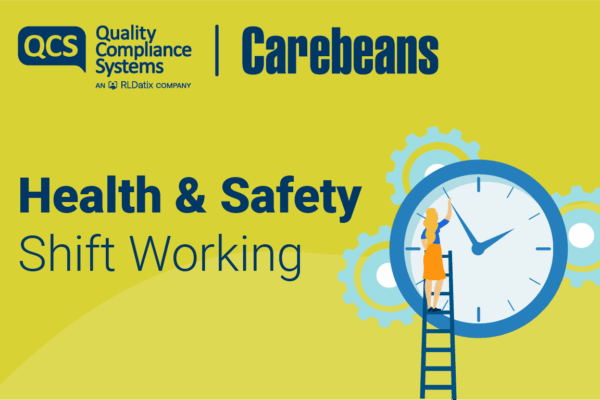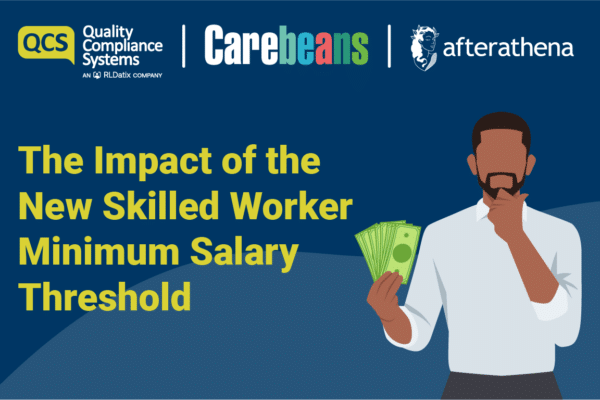Download our factsheet on ‘Understanding hidden disabilities in the workplace’ by our partner, Napthens here
DOWNLOAD NOW
Alternatively, read it here:
Many of us will have seen sunflower lanyards used by those with hidden disabilities during the pandemic. The sunflower is often used by organisations to develop their awareness of invisible disabilities for both their colleagues and customers and is a great way to promote disability inclusion in the workplace.
Research tells us that across the world, 1 in 7 of us live with a disability. Of those, 80% are invisible. That equates to over 1 billion people who are living with a non-visible disability. These can be physical, mental or neurological and include, but are not limited to, conditions such as autism, mental health conditions i.e. anxiety and depression, visual impairments, hearing loss or deafness, chronic pain, Crohn’s or diabetes. Often, many people experience a combination of both visible and non-visible impairments and conditions.
Let’s learn to celebrate our differences and break down those invisible barriers that can sometimes exclude people living with a hidden disability from the workplace. Prejudice is damaging, not only to applicants with disabilities but to the employers who are missing out on some of the best talent.
Things to consider when recruiting
- Go back to basics and look at your advert; can you simplify the language?
- Where are you advertising? Can you share it in different formats such as audio, braille and large print, to broaden the reach and be more inclusive?
- Use screen readers on your website
- Do you really need an application form? Could you accept a video, verbal, or graphic format? So long as the essential and any legal information you require is provided by the applicant, does it really matter how it is received?
- Look at your attraction to prospective candidates; why not sign up to the government employability scheme, Disability Confident?
True or False?
Misconceptions around disability mean millions of people in the UK are currently unemployed or underemployed, and unable to reach their professional potential.
Making reasonable adjustments is costly and time-consuming – False
Not all adjustments require building modifications, software or office equipment. More common requests are simply an agreement to change something to suit the individual’s need and promote productivity. Requests that do come with an associated cost are typically covered by Access to Work grants, a government scheme which helps people with disabilities and health conditions stay in work and can fund things like office equipment, transport or a PA.
What is true is that the most requested adjustments are flexible hours or home working; these are common requests from most employees following the pandemic – and something which are now being considered as a right from day one under UK employment law.
A worker with a disability will be absent more often – False
There is no evidence that people with disabilities take more days off. The truth is that employees with disabilities are known to stay in jobs for longer, demonstrate more loyalty and have fewer workplace accidents. This could be for any number of reasons, but it is an extremely important misconception for employers to acknowledge and correct.
‘This is Me’
Introduce a ‘This is Me’ form for all employees, get to know who works in your business, build the trust between employer and employee, eliminate any fears you may have of employing a disabled person by finding out about their disability and by asking them how you can best support them with their visible or hidden disability, to create a happy, supportive, inclusive and productive work environment.






